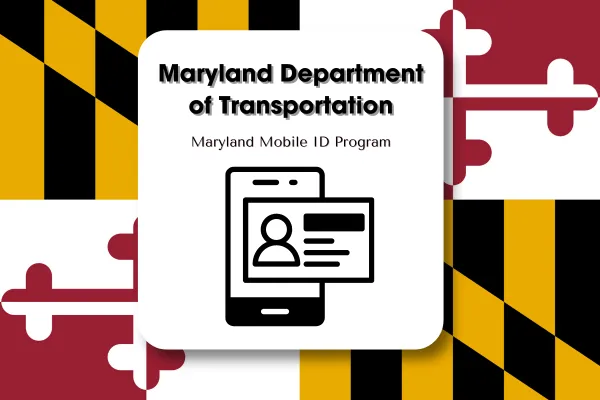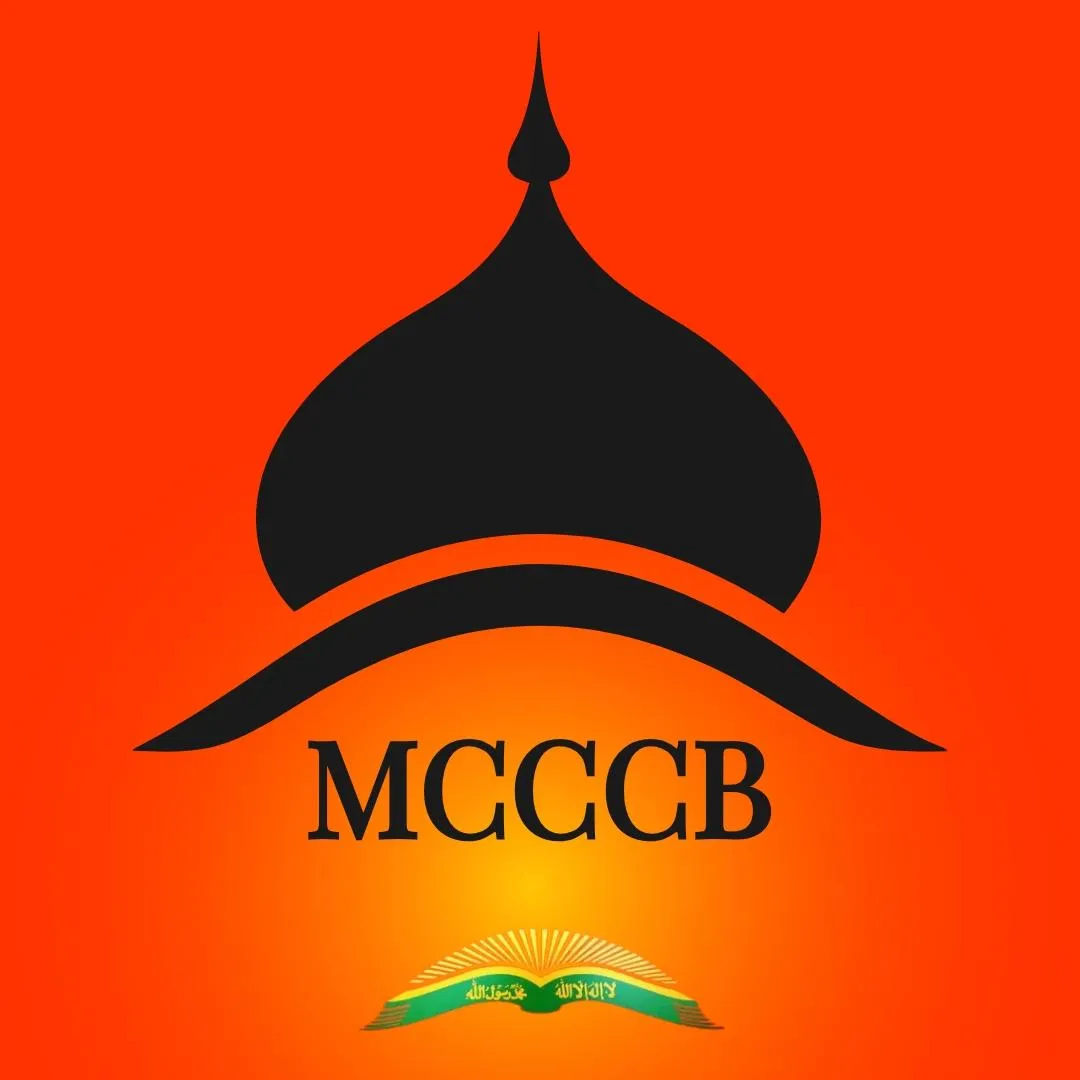Al-Islam's Universal Beliefs
Allah is The Creator with no partners. Muslims have 99 Popular Attributes for Allah.
What is Al-Islam?
Al-Islam is the complete way of life that reflects Submission to the Will of G-d. Islam means "submission," derived from the Arabic word "Salaam," meaning "peace."
What is Al-Islam?
Al-Islam is the complete way of life that reflects Submission to the Will of G-d. Islam means "submission," derived from the Arabic word "Salaam," meaning "peace."
Who is a Muslim?
A Muslim is anyone who submits to the Will of G-d. Everyone is born "Muslim, and their environment makes them otherwise."
Who is a Muslim?
A Muslim is anyone who submits to the Will of G-d. Everyone is born "Muslim, and their environment makes them otherwise."
How does one become a conscious Muslim?
To become Muslim is to make a public declaration that "there is no god but Allah (One G-d), and that Muhammad is the Messenger of G-d." This is called the Shahadatain.
How does one become a conscious Muslim?
To become Muslim is to make a public declaration that "there is no god but Allah (One G-d), and that Muhammad is the Messenger of G-d." This is called the Shahadatain.
Who is Muhammad?
Muhammad the Prophet was born in Mecca, the holiest city to Islam in Arabia in the year 570 or in the 6th Century.
Who is Muhammad?
Muhammad the Prophet was born in Mecca, the holiest city to Islam in Arabia in the year 570 or in the 6th Century.
How many Muslims are there?
Worldwide there are just over 1 billion Muslims, or one out of every five people on earth is a Muslim. In the United States, there are approximately 8 million Muslims; 2.5 million are recognized as indigenous, with the remainder by way of immigration.
How many Muslims are there?
Worldwide there are just over 1 billion Muslims, or one out of every five people on earth is a Muslim. In the United States, there are approximately 8 million Muslims; 2.5 million are recognized as indigenous, with the remainder by way of immigration.
Aren't all Muslims Arabs?
No. Most Muslims live east of Karachi; 30% of Muslims live in the Indian subcontinent; 20% in Sub-Saharan Africa, 17% in Southeast Asia, 18% in the Arab world; 10% in the states of the former Soviet Union/Russia. There is a significant Muslim population in China, Latin America and Australia. Aren't all Arabs "Muslims"? No.
Aren't all Muslims Arabs?
No. Most Muslims live east of Karachi; 30% of Muslims live in the Indian subcontinent; 20% in Sub-Saharan Africa, 17% in Southeast Asia, 18% in the Arab world; 10% in the states of the former Soviet Union/Russia. There is a significant Muslim population in China, Latin America and Australia. Aren't all Arabs "Muslims"? No.
What is the Ka'bah?
The Ka'bah is the Ancient House in Mecca, Saudi Arabia, toward which all Muslims all over the world turn as their direction for making prayer. It is the House built by Prophet Ibrahim (Abraham) and his son and Prophet, Isma'il (Ishmael). It is built on the location where G-d told Ibrahim to summon all mankind to visit this place; it is believed to be the original site of a sanctuary established by Adam.
What is the Ka'bah?
The Ka'bah is the Ancient House in Mecca, Saudi Arabia, toward which all Muslims all over the world turn as their direction for making prayer. It is the House built by Prophet Ibrahim (Abraham) and his son and Prophet, Isma'il (Ishmael). It is built on the location where G-d told Ibrahim to summon all mankind to visit this place; it is believed to be the original site of a sanctuary established by Adam.
What are the Sunnah & Hadith?
Prophet Muhammad was described by his wife, Aishah, as the Qur'an walking and his life examples and practices constitute the second most important source for Muslims. These life examples are called Sunnah and are compiled in Hadith.
What are the Sunnah & Hadith?
Prophet Muhammad was described by his wife, Aishah, as the Qur'an walking and his life examples and practices constitute the second most important source for Muslims. These life examples are called Sunnah and are compiled in Hadith.
What are the Five Pillars of
Al-Islam?
The Ka'bah is the Ancient House in Mecca, Saudi Arabia, toward which all Muslims all over the world turn as their direction for making prayer. It is the House built by Prophet Ibrahim (Abraham) and his son and Prophet, Isma'il (Ishmael). It is built on the location where G-d told Ibrahim to summon all mankind to visit this place; it is believed to be the original site of a sanctuary established by Adam.
What are the Five Pillars of Al-Islam?
The Ka'bah is the Ancient House in Mecca, Saudi Arabia, toward which all Muslims all over the world turn as their direction for making prayer. It is the House built by Prophet Ibrahim (Abraham) and his son and Prophet, Isma'il (Ishmael). It is built on the location where G-d told Ibrahim to summon all mankind to visit this place; it is believed to be the original site of a sanctuary established by Adam.
What else do Muslims believe?
Muslims believe in all of G-d's prophets from Adam down through the chain of prophets to Muhammad, the last. Muslims believe in all the Scriptures that the Prophets came with from G-d including the Torah (of Moses) and the Gospel (of Jesus). Muslims believe in the Angels, the most notable in the Qur'an being Jibril (Gabriel). Muslims believe in Life after Death or the Resurrection. Muslims believe in the Day of Judgement, when everyone will be called to recon for their deeds before G-d.
What else do Muslims believe?
Muslims believe in all of G-d's prophets from Adam down through the chain of prophets to Muhammad, the last. Muslims believe in all the Scriptures that the Prophets came with from G-d including the Torah (of Moses) and the Gospel (of Jesus). Muslims believe in the Angels, the most notable in the Qur'an being Jibril (Gabriel). Muslims believe in Life after Death or the Resurrection. Muslims believe in the Day of Judgement, when everyone will be called to recon for their deeds before G-d.
What is Jumuah?
Jumuah litterally means in Arabic "congregation" and it is the most important day of all days to Muslims. Jumuah Prayer is on every Friday, just past midday.
What is Jumuah?
Jumuah litterally means in Arabic "congregation" and it is the most important day of all days to Muslims. Jumuah Prayer is on every Friday, just past midday.
What is Eid?
Eid in Arabic literally means "recurring happiness." There are two celebrations every year observed by all Muslims. Eidul Fitr celebrating the completion of Ramadan and Eidul Adha celebrating the completion of Hajj (pilgrimage). Eidul Adha the "Celebration of Sacrifice" is the greater Eid and it also commemorates Prophet Ibrahim's devotion to G-d and willingness to sacrifice his son Is'mail (Ishmael).
What is Eid?
Eid in Arabic literally means "recurring happiness." There are two celebrations every year observed by all Muslims. Eidul Fitr celebrating the completion of Ramadan and Eidul Adha celebrating the completion of Hajj (pilgrimage). Eidul Adha the "Celebration of Sacrifice" is the greater Eid and it also commemorates Prophet Ibrahim's devotion to G-d and willingness to sacrifice his son Is'mail (Ishmael).
What is G-d?
Imam W. Deen Mohammed, leader of the largest indigenous group of Muslims, explained that in order to show our reverence to the Name of G-d Almighty, that we not use any spelling that could in the reverse mean "dog."
What is G-d?
Imam W. Deen Mohammed, leader of the largest indigenous group of Muslims, explained that in order to show our reverence to the Name of G-d Almighty, that we not use any spelling that could in the reverse mean "dog."
Subscribe to our newsletter
Get notified of new products, services, educational information, and promotions directly to your inbox.
Latest News
Stay Informed. Stay Connected.
Catch up on the latest updates from MCCCB, including upcoming events, community initiatives, and restoration progress.

Understanding Digital IDs in Maryland: A Supplement, Not a Replacement until Further Notice
As technology continues to evolve, Maryland has embraced digital identification (ID) to enhance convenience and security for its residents. Digital IDs rolled out for Marylanders in early 2023 as part of a broader initiative by the Maryland Motor Vehicle Administration (MVA) to modernize identification methods. However, it's important to understand that digital IDs are designed to supplement, not replace, physical ID cards.
What Are Digital IDs?
Digital IDs are electronic versions of physical ID cards that residents can store on their smartphones. These digital IDs provide a convenient backup for identification purposes, particularly useful if the physical ID is lost or misplaced.
Why Maryland Adopted Digital IDs
The Maryland MVA adopted digital IDs to:
Enhance Convenience: Digital IDs allow residents to have a backup form of identification readily available on their smartphones.
Improve Security: Digital IDs incorporate advanced security features, reducing the risk of counterfeiting and unauthorized use compared to traditional physical IDs.
Facilitate Access: Digital IDs can streamline access to various services, both government and private, where identity verification is required.
Digital IDs as a Supplement
It's crucial to understand that digital IDs are only a temporary replacement for physical IDs at the time this blog was written. As one of our team members, Candice Willie, mentioned in a Facebook group discussion:
"👋 I inquired about this with the MVA last year after reading the article to ask if the digital ID would replace a physical ID. I was informed that the digital ID is a backup in the event a person's ID is lost. The person should apply for a new physical ID as soon as possible. The digital ID doesn't replace the physical ID. I worked with a signer who had a digital ID and her MVA documents showing that she applied for a physical ID replacement, so I proceeded with the notarization."
Residents must apply for a new physical ID if their original is lost or stolen. The digital ID serves as a temporary measure to ensure continuity in identity verification while awaiting the new physical ID.
Notarial Considerations and Fraud Risks
For notaries, it's essential to exercise due diligence when accepting digital IDs. According to the Maryland Notaries Handbook, notaries in Maryland may require additional information or identification credentials to verify an individual's identity confidently. This precaution helps mitigate potential fraud risks associated with digital IDs.
Fraud risks include:
Potential Hacking: Digital IDs stored on smartphones could be susceptible to hacking or unauthorized access if the device is compromised.
Impersonation: Fraudsters might attempt to use digitally altered images or stolen digital IDs to impersonate legitimate ID holders.
To address these risks, notaries should:
Verify the digital ID's validity through the issuing authority.
Cross-check the digital ID with other available identification documents.
Be vigilant for any signs of tampering or digital manipulation.
Business Acceptance of Digital IDs
Businesses in Maryland are starting to recognize the benefits of accepting digital IDs for identity verification. Although using Maryland Mobile ID is optional for residents, and businesses are not required to accept it, many find it enhances transaction efficiency and customer experience. The Maryland MVA is actively working with various entities to increase familiarity with digital IDs and expects acceptance to grow over time. Various entities, including law enforcement, are not yet accepting Maryland Mobile ID.
Resources for Further Information
For more details on Maryland's digital ID program, you can visit the Maryland Mobile ID Program page on the MVA website. This page provides comprehensive guidelines and resources for residents and businesses on using digital IDs securely and effectively in Maryland.
Conclusion
While digital IDs provide a modern, convenient backup for Maryland residents, they do not replace the necessity of a physical ID card. The Maryland MVA's adoption of digital IDs represents a step forward in leveraging technology to enhance identification security and accessibility. Notaries and other professionals must remain cautious and thorough in their identity verification processes to prevent fraud and ensure the integrity of their services.
As digital identification technology evolves, staying informed about best practices and regulatory guidelines will be crucial for all stakeholders involved.

